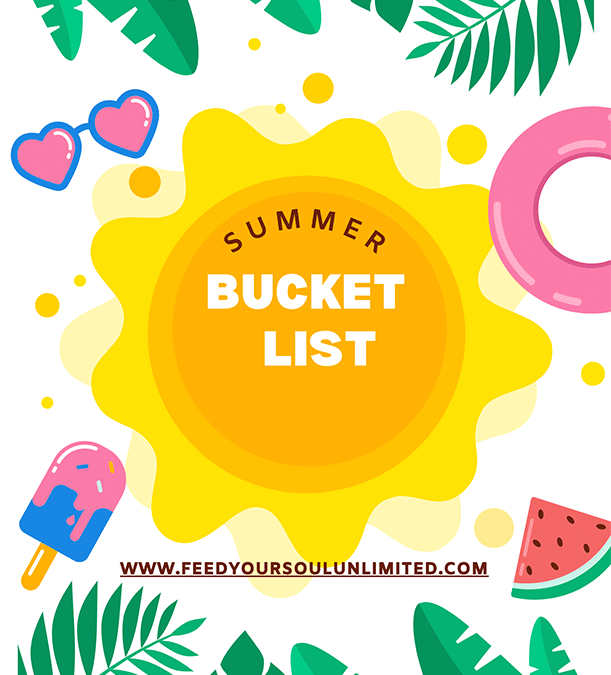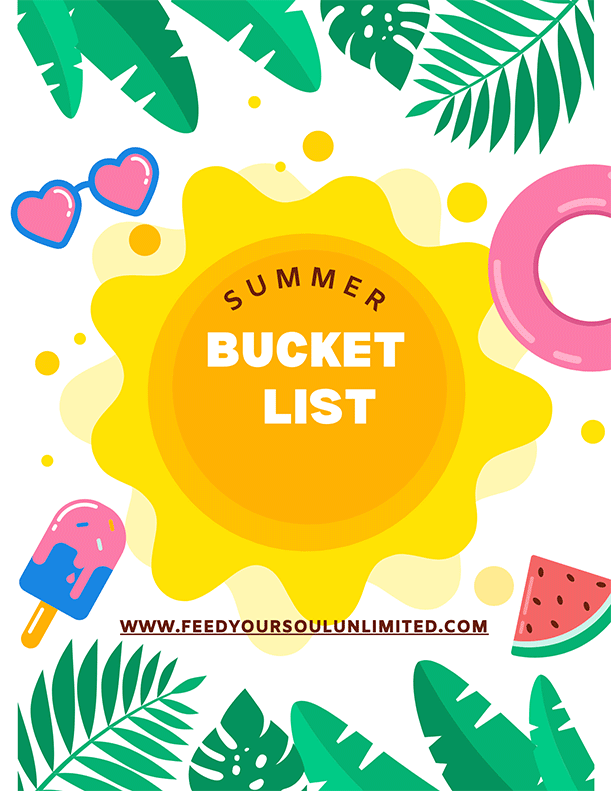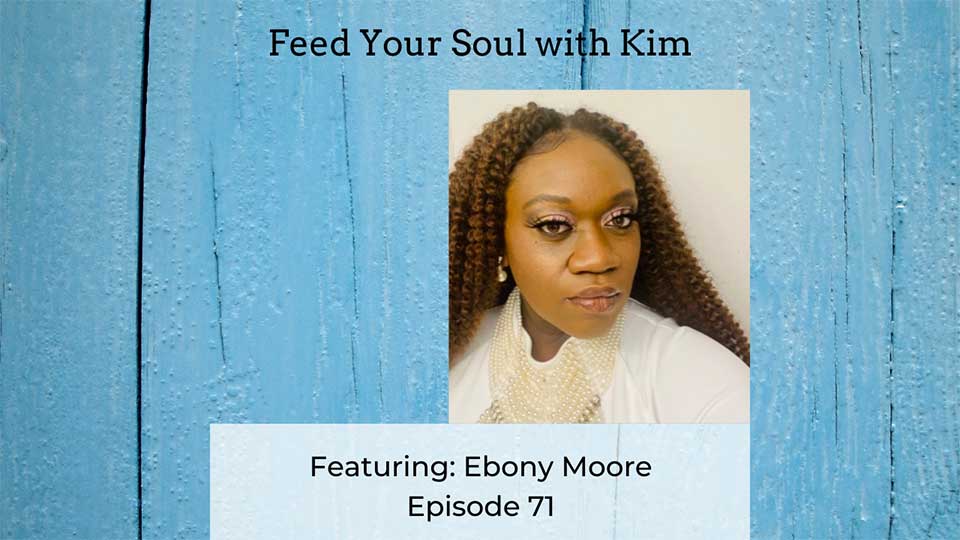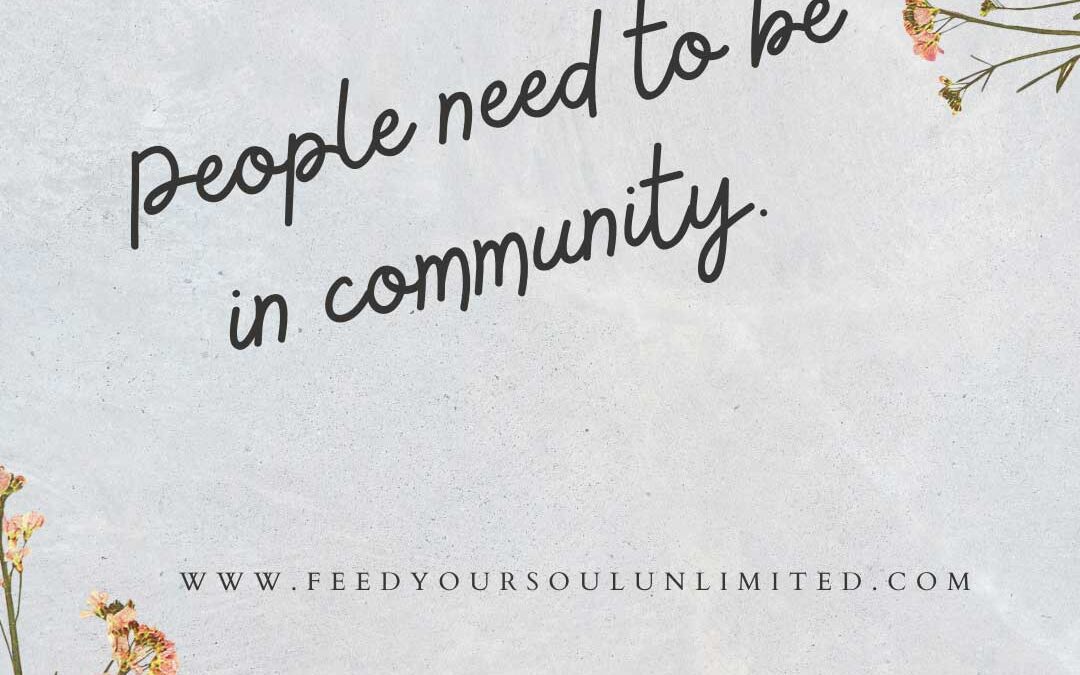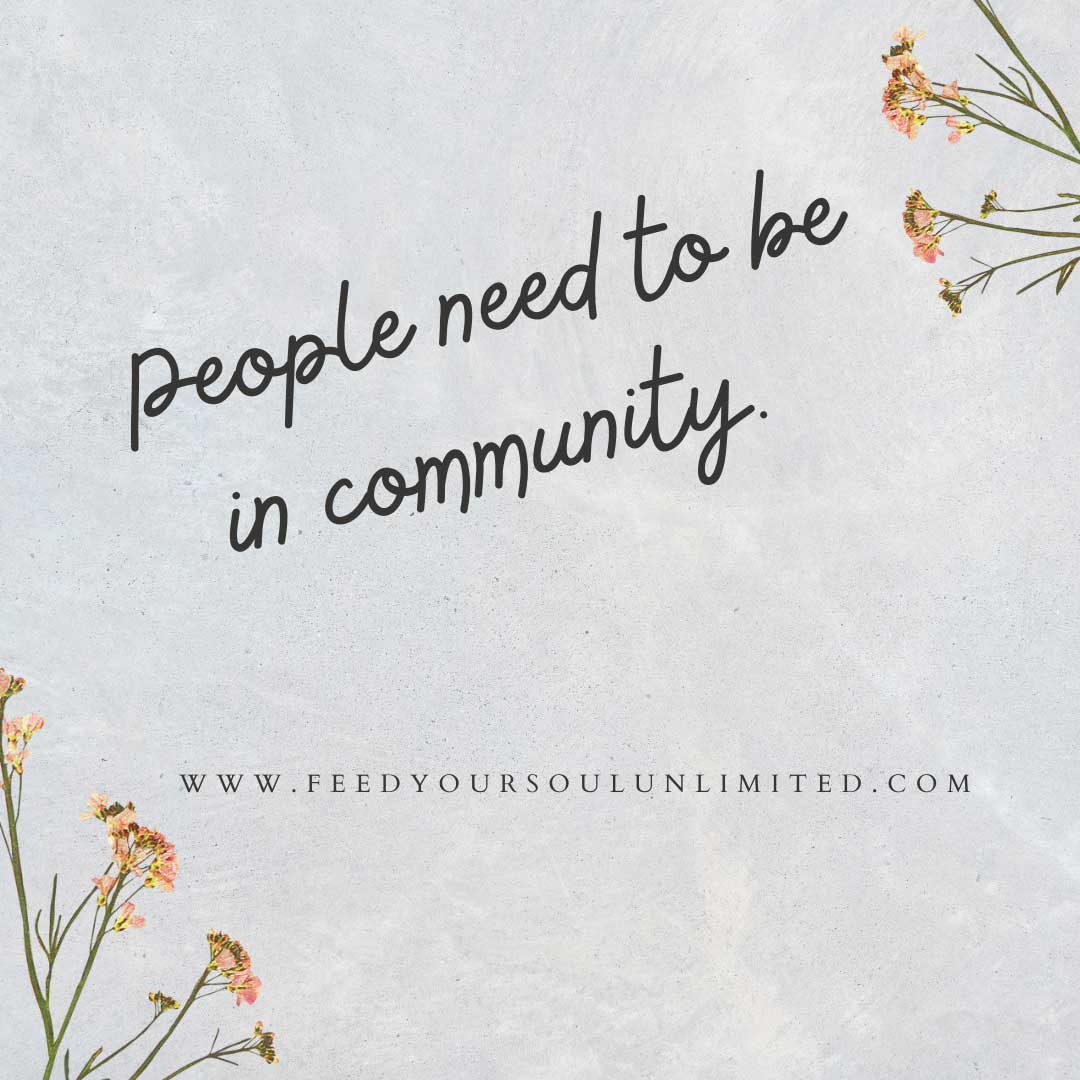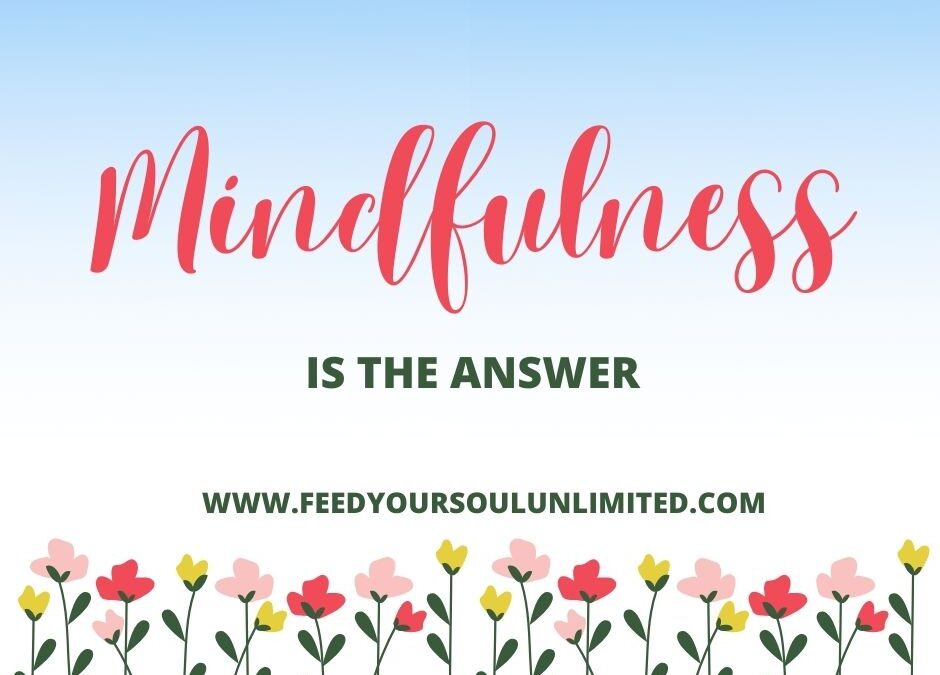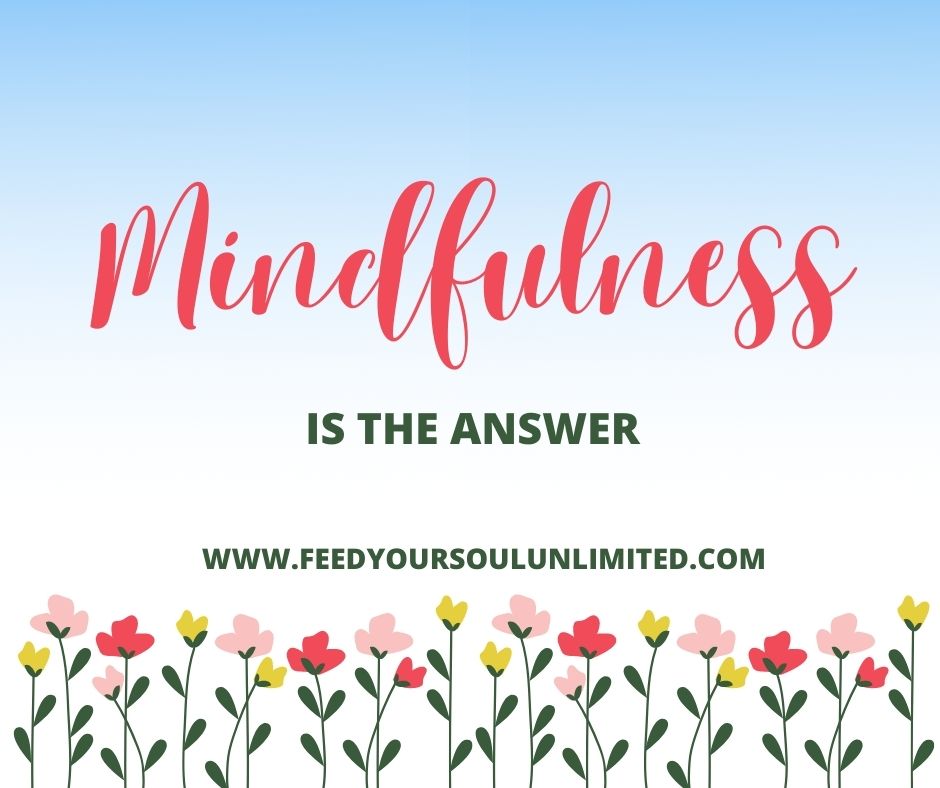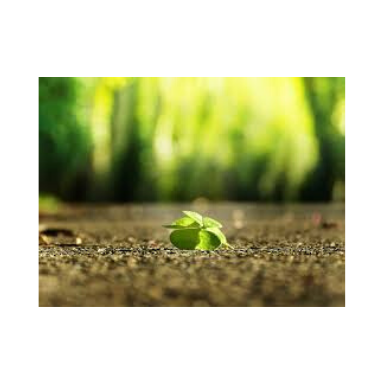Here is the transcript to follow along with the video, Do You Eat For Emotional Resons
Do You Eat for Emotional Reasons?
Kim McLaughlin 00:01
Hey, hi, hello, hello, hello. Hi everyone, this is Kim McLaughlin, and we are live food freedom live. And this is our second day of food freedom live. I’m so glad you’re here, we are going through three days of talking about food, food freedom, how to move out of feeling overwhelmed with food. And if you are struggling with food, if you over eat, this is the place to be because this is what we’re talking about today, today is that the conversation we’re going to have is about emotional eating. And don’t worry if you’re not sure if you’re an emotionally, you’re we’re going to work through that today to help you figure that out. So today’s emotional eating yesterday we talked about, we talked about the diet mindset and how diets fail you. I encourage you to listen to that day. If you get into the dieting mindset if you didn’t listen yesterday, lots of really, really important information. I think it’s what I talked about yesterday is that it is the starting spot to start wondering what’s going on for me with food and what am I doing? And what do I need to do differently. So go back watch today, watch with us today. But also go back to yesterday and listen to when we talk about diet mindset. Tomorrow, we’re going to be talking about mindfulness. And that’s super important. But today, let’s get way into emotional eating. What I want to do is first talk Well, yesterday I talked about I qualified in terms of where I’ve been over my life. In terms of dieting, I shared a lot with you about my progression through diets and how in the end, it finally became really clear to me that I was doing the same thing over and over again and expecting different results. And I felt worse and worse about myself. And worse and worse, worse and worse about my body. And I know a lot of you feel the same way. What I talked about yesterday is a lot of my clients tell me that they hate themselves, and they hate their bodies. And I don’t want that for you. And I don’t want that for anybody. And there truly is a way out of that. So today we’re gonna get into more of that with the emotional eating. I am a licensed psychotherapist, I am a coach, on a blogger, I have a podcast called feed your soul with Kim.
Kim McLaughlin 02:36
This is what I do. I am an intuitive eating specialist, a counselor and intuitive eating I have eating sorter certificate. So I help people in a lot of different ways with food. And what I found is we’ve got to start getting clear about emotions got to get started clear about emotions. And what I want you to start thinking about is how might your emotions have gotten in with you and kind of affected you in terms of eating? It’s a little hard to walk through. But I want I want to work that through with you. Actually, before we do that I missed out I forgot to tell you we have our playbook. This is food freedom live playbook. If you didn’t get it, oh my god, it’s a standalone I was telling people about it. It’s a standalone book that is 18 pages of information of all the things you need to know about food freedom, and then you have success. What did I call it success skills at the end where you do some journaling and start thinking about what your success skills will be. So in the down in the comments, I’ll put the link for food freedom live the playbook, please sign up for it. It’s really good. It’s only $9 Oh, and if you get that you get the playbook you get the success skills and you get a free one hour q&a call with me. One hour with me. Oh my god, you guys you get it asked me all the questions, we get to talk about all the stuff. We’re going to talk about it together. So I really encourage you to sign up for the playbook. If for anything playbooks super cool, but also for the hour-long q&a group call with me. I think you’re gonna like it. Everybody loves the opportunity to talk about what’s going on for them with food and we get more clarity for you individually. The other thing I wanted to tell you Sorry, I was hopping into all of the stuff I want to talk about today but I forgot to go over. We are having a drawing this week. So I’m going to give five people my book called feed your soul. I didn’t have this free yesterday feed your soul nourish your life, a six step system to peace with food. It’s got everything. It’s got everything in it and I want to send it to you for free And I’m going to pick five people that send me their name and address. So send it to info at feed your soul unlimited.com. info at feed your soul unlimited.com, I’m going to put the link again, I’ll put it in the comments so that you can do that, but send me an email. And also, I’d love to hear what your takeaways are from this live and what you’re learning and what’s kind of coming true for you. Okay, so let’s go into emotions. One of the first things I want to do with you is talk with you about one of my
Kim McLaughlin 05:37
things I do with my emotions. And I like to start before I tell you about all the emotions, like let’s just go over something that’s really good. That helps me set the tone. For my day I like to use I have different cards that I use. And some of you might have seen I do lives with my animators, animators, I love them, animators 50 affirmation cards to help you help yourself without the self helpy ness. They’re super cute. They’re super fun. And I thought I’d pull a card today from an formators. And what I do is I literally do this in my life, I do this in the morning where I I kind of just shuffle the deck. And then there’s one that generally pops out at me that kind of just gets my kind of gets my attention. And this one just got my attention. Ooh, look at that. And they always are spot on, they make me think about something different. And when we’re talking about emotions today, this is a way to start using some tools that you have to check in with yourself and get you on the right emotional path or the path that works for you for the day. So this my affirmation is, if you can see it, it’s called personal growth. And that’s perfect for today. So it’s a frog on a on a large bicycle. And it says as I move toward greater consciousness, I feel old thoughts and habits fall away. like training wheels on a bike, they helped me get to where I am. But now I can ride. I don’t need those slow and crumbly wheels, except when I’m making big or bike analogies, except when I’m making bike analogies. So personal growth, it’s about letting go of the old letting it fall away. Like the training wheels on a bike when you were riding a bike when you were a kid, you had training wheels, and then as you got better and better you let them flow off. That’s what we’re talking about. This was perfect today, right? This was what we’re talking about in terms of emotional eating. What what we want to do first is notice whether you are an emotional eater, and I will often have people tell me, Kim, I’m not an emotional eater. I just overeat. I don’t eat when upset or sad or angry. And like, it’s not, it’s not a one for one where like, I get upset, I feel sad. And I eat Oh, I’m sad. I’m going to eat. It’s very, it’s much more nuanced than that. So how do you know if you’re an emotionally I’m going to read you some qualifying statements you eat when you’re not hungry, eat when you’re not hungry. So how is that connected to emotions? Well, if we’re not following what our body says, there’s something else going on with us that’s leading us to eat. And one of them can be emotions. So when you’re eating when you’re not hungry. I could, if I talk to you privately, if we talk, I probably could figure out with you what feelings were coming up that led you to overeat. So eating when you’re not hungry, using food to make you feel good, right? So it can be once again not that I feel sad, I feel upset, I feel lonely, I feel angry. And then I eat but then I just something’s wrong, something’s wrong, and I eat to feel good. And what we know, we know this food makes you feel good. Food makes you feel good. It makes your tummy feel good. It makes your mouth feel good. Especially certain foods are kind of light up your brain and go ooh, that that tastes good. And so when we’re not feeling our best, he emotionally will turn to food to help us out. And I want to start talking about this in more of a conscious way so that you notice I’m not feeling quite right now I’m feeling off and I want to eat well, feeling off and eating. They don’t correlate because food is meant to nourish your body. Not nurture your soul. Right? So using food to make you feel good. Using food in situations where you feel uncomfortable. How often has that happened? My God. When you’re at a party and you don’t know anybody, let me get some food. Let me eat when you’re at a family gathering Miss Thanksgiving, Hanukkah, you’re in a family gathering and you eat. Right? That is uncomfortable situations. So if we started to notice that we’re feeling uncomfortable and we’re eating, well, then we can start making a different decision. But we got to notice that we’re feeling uncomfortable, right, we have to notice that feeling. How do you know if you’re an emotional eater Another way is if you eat too overfall. Eating too overfall means
Kim McLaughlin 10:27
we’re not paying attention to our body, we’re not paying attention to what’s really going on inside of us. And we’re, we’re kind of disconnected from it. So that’s another way that we can notice if we’re an emotional eater, feeling ashamed, feeling ashamed when you overeat. Shame is a deep, dark feeling that is connected to not thinking you’re good enough. I’m not okay. I’m not good. And that feeling of ashamed when you overeat is pretty big. And feeling the shame can go with eating and secret, hiding the wrappers, hiding it in your car, throwing it away underneath everything, so nobody can see it. Hiding, I used to do this where I would try and hide, I eat things. And I would try and make it look like it didn’t cut more than what I did, or cut, you know, cut out more out of whatever thing I was eating. And I would try and kind of hide how much I ate. And I felt really ashamed that I would be over eating and hiding the food. It was horrible if I felt really bad about myself. And then if I got called out on it, oh my god, I even got I felt more ashamed, I felt more ashamed if somebody found the wrapper or notice more of the food was gone. Like who ate all this stuff like, not me. And I felt really ashamed. So notice, if you’re feeling ashamed when you overeat, or even feeling ashamed when you eat, that’s a sign of emotional eating, feeling bad about your body. That is another sign of emotional eating is in there really connected that we have really got this connection of when I eat, I feel bad about my body. When I eat, I feel bad about my body, I don’t like what we make the connection is I’m going to get fat. I don’t like what I just done. I hate myself, I did it again. And we feel bad about our bodies when we emotionally eat, and they begin to be connected. And what I want to do is start disconnecting all of those from each other. The thing that I talk about is I call it the six components to feed your soul. Six components and they are physical, which connected yesterday with the diet with dieting and how you feel physically in your body. So physical, emotional, what we’re talking about today, thoughts how the thoughts make you want to overeat or make think bad thoughts about yourself. The fourth one is lifestyle. And that’s how food shows up in holidays and family gatherings and all the places we go and also how we live our lives, how we live our lives, right. The fifth one is mindfulness, which we’re going to talk about tomorrow in our third day live. And the last one is the sixth one is self love. And it is the idea that when we don’t love ourselves, we overeat. And we hate ourselves when we overeat, that’s that these all these six components, they really connect together. When you think about it, I like to pull them apart so that you can get each of the six and learn about them and learn about how it affects you. And then we talk about how they interact with each other. Right. So those six come into play when we’re talking about emotional eating, and whether kind of whether it you qualify and whether it fits for you. So emotional eating. So think of those when I give you six different descriptions. And if you fit any of them, you might be an emotional eater. If you fit one of them, maybe not if you fit to, maybe if you fit more than that. Yeah. And this is the time to start seeing that and to start recognizing that these things are out of line. And what happens is, is that what we tend to go to is what we talked about yesterday is we go to the diet, right? We go to dieting and what we know we talked about yesterday is it’s what 256 billion dollar company. And it worked, it wouldn’t be a growing company, it wouldn’t be a growing industry think about that. The weight loss industry would not be growing by leaps and bounds. If it worked,
Kim McLaughlin 15:17
if it worked, you wouldn’t have to keep trying it. What happens is when we do a diet, I’m going back to the diet mindset yesterday, because it’s super important is that what we do if it’s a diet is that we think that we’re wrong. We think that we’re wrong. And we want to make ourselves bad. Think we’re the ones who are at fault when maybe it’s the diet, and maybe it’s dieting, that’s a sign of self love, is to notice that maybe it’s not me, maybe it’s out there. And maybe I need to do something different. And this is what I’m presenting to you in these three days is how do we do it differently? How do we look at it differently? Because I promise you going on another diet is doing the same old thing. When they call it definition of insanity? Doing the same old thing expecting different results? Same old thing, different results. So consider, if you feel kind of charged with me talking about emotional eating, then no, there’s no way no way I am like, well, maybe, maybe you are. Because if you’re having a big reaction, some of you out there going Yeah, Kim, I know, that’s me, I get it. That’s me, I get it. And good for you for noticing it. Because I suspect there was a day where you didn’t recognize it. Because I know for me there was absolutely there was like I don’t emotionally eat. I just overeat because I’m because I want to I just eat because I do that I had no kind of idea about what it was about for me. And so the first step is just kind of wondering for yourself. So then if you do that, you start noticing it and why is emotional eating so important is because we start to do the emotional eating and it works for a moment. And then it doesn’t. Right? It works. And then it doesn’t. So we have the point where we eat, or I’m sorry, the point where you have the feeling and then we eat. We’ve never dealt with the emotion. We never dealt with it. And so the eating does not. It does not settle emotions. Okay, so let’s talk about what can help because what we know is that when we have emotions, and we eat, it doesn’t fix it. It doesn’t fix it, it actually makes everything worse. So what could you do? What could you do? First, you got to notice, that’s what I started with the list of the definitions, you’ve got to notice that you’re an emotional eater. And I encourage you that with that, to start noticing it tonight, just start noticing Kim gave me these you know, these six, these six definitions of emotional eating. How many of them do affect me, I have actually my freebie on feed your soul unlimited.com There’s a little freebie that pops up with EMI and emotional eater. And you can walk through that. I mean, if you don’t remember any of these, get the playbook that I was just talking about we talked about and then there are else get the freebie on my website at feed your soul unlimited.com. And notice if you’re an emotional eater, notice if you eat for emotional reasons. So we got to notice it. And then we’ve got to acknowledge it like, oh, that’s what that was. And when we do that, we are not doing it to berate ourselves. We’re doing it to free ourselves. It’s freedom. What did they call us today? I call this live food freedom. Freedom. It’s free freedom to know what’s going on and to acknowledge it. So notice the feelings and acknowledge it. Oh, I ate for this reason. I eat for this reason.
Kim McLaughlin 19:17
We had a death in our family this last week and super been I’ve been feeling super emotional about it. And I noticed it. I acknowledged it and noticed if I felt like going towards food, right? Because then it’s like, oh, this is what’s going on for me right now. I’m feeling sad and upset, and I want to eat and then I get to think about do I really want to eat? Am I hungry? How’s this gonna make me feel I walk through all these steps that I have. We’re gonna talk later about emotionally in solutions. I have all these steps that we go through to start noticing the feelings and then like moving Literally, what do you ask yourself point by point by point, I walked through it all, and I didn’t overeat. I didn’t overeat. But I definitely not. And I definitely, definitely acknowledged my feelings. So the third thing you have to do is identify what feeling is it oh my gosh, that’s hard for people. sad, mad, happy, anxious, bored, lonely, tired. Those are general kind of all encompassing feelings underneath those, you can get other kinds of feelings that come up. But those are the feelings that are generally that I will ask people happy, mad, sad, anxious, bored, lonely. which one fits. Because if you kind of have this short list, then it’s easier to figure it out. And what I like to do is take a deep breath and ask myself, you know, I knew this week when we had the death in our family is that I was feeling sad. I could feel it. I’ve done this enough, where I’ve noticed my feelings enough that I can notice like, oh, I feel I just feel sad. I feel sad. And I recognized it. I recognized it. And then the next part is fourth is asking what those emotions are trying to tell you. Sadness. For me, it was like sadness, what are you trying to tell me? Well, I’m sad that this person in our life has passed. I feel sad about that. And it told me that it also what the emotions were trying to tell me is, is, is I need to talk about feeling sad, and I need to just feel sad, and know that the next one is then asked, then what do you need to do to take care of yourself to take care of those emotions. So with the sadness, I talked about how sad I was, we took a walk, my husband and I, we cried, and we lit a candle for aunt that passed. Just to kind of it made us feel our family, we prayed and we, you know, lit a candle for her just because enter her husband, our uncle. So we did that. And that was, it felt really good, I can feel emotional when I tell you that because the sadness isn’t gone. And what I did was I use what I called my wellness toolbox. And that’s how I move through the feelings. And so I don’t overeat. And I move through the feelings because I can acknowledge day that I still feel sad. We’re still grieving, and, and that that’s okay, and that I have my wellness toolbox. So what do I do I journal, I meditate, I talk, I talk about it, I noticed the feelings, I use my affirmation cards, right, my, my affirmation cards to help me take care of those emotions. So those are the things I do that are an app, my active plan, so that I deal with the feelings because what I know is that when I deal with the feelings, I feel better, there’s more self love and caring towards myself, and I don’t overeat. Or if I do overeat, I noticed what it is. And like, it’s just all it makes me feel good at this moment. But it’s not my ongoing plan. It’s not my ongoing plan to deal with those feelings. Right? If food is my plans, deal with all my feelings, I’m screwed. Because it doesn’t, we know this, right? If I eat for my, if, if I eat for my feelings, the feeling hasn’t gone away. And I actually feel worse, because I now feel angry at myself, get angry that I over ate, I am afraid I’m going to gain weight, my body doesn’t feel good. All kinds of things happen when I eat for emotional reasons. Because what we want to do is move into eating for physical reasons, right? What I told those six components, physical is the first one, hungry and full, are really what we look to as the guidance towards whether we eat or not. That’s a lot of information. And I just want to encourage you get the playbook
Kim McLaughlin 24:19
because it can walk you through some pieces of what we did. And then there’s the success pages that are really helpful. And I want you to consider that. If these things if all these things I’m talking about yesterday about the diet mindset today about emotional eating. If you answered yes, then let’s get you some help. Let’s get you a different way to do it. Because I promise you that dieting industry doesn’t have your best intentions in mind because they want to make a lot of money and they have been it’s growing and growing. I want to help you feel better. That’s my goal. That’s my goal. I want to help you feel better. I want you to have food freedom. So what we have is Is the program I wanted to tell you just a little bit about is called emotionally eating solutions. Because I don’t think it’s fair for me to come on here and talk about emotional eating. And that you have to do something different. If I don’t give you an option of what you could do different, just not right. What I like about emotionally eating solutions is it’s an eight week Do It Yourself course, it goes through all of the six components, it gives you a lot of doable, you can do it really at your own pace. And it’s super affordable, it’s super affordable. And I want you to get on it now. Because what’s going to happen is next month in, in the middle of April, the price is going to go up, the price is going to go up, I’m going to revamp the program, put some more things in it, which you’ll have access to. So don’t worry that you’re going to get you’ll get the newer version, and also what I’m adding in starting in April, I’m doing a monthly call with everybody in the program. So you’ll get a opportunity to ask me questions. And you’ll also get an opportunity to talk with other people in the program. What I’ve gotten consistent feedback on is people in the program wants to talk to other people in the program and talk about how they feel and what their situations are. And they want to learn from each other. And we’re going to do that. We’re starting with once a month where it’s going to be a q&a, a tart, a chance to ask questions to listen to other people, because there’s so much learning that happens from the questions other people ask, right, the things I’m talking with you about today are based on what my experience is my personal experience, my professional experience, but also what other people have asked me, and what other people have said are their concerns and their problems. So the emotionally eating solutions is the way to get clarity. Because you don’t want to do this alone. You don’t want to do it alone. And this is something that is really important. And it to me, it’s a lifelong process. It’s not a one and done. For me learning about my feelings, learning how my feelings how they affect me and how I feel or how I live my life is an ongoing day by day. That’s why I love what I call my wellness toolbox is every day I use my wellness toolbox, so that I can feel better and feel better and feel better. And food becomes less of an issue. I was thinking of that like food really didn’t become when our aunt died, it didn’t become an issue for me because I have all of my tools. Sometimes it does become an issue for me but just not always not like it used to I used to feel out of control. And everybody I work with feels out of control. And I want you to to know that there’s something different and that I’m on your side. And I want to make sure that you get all the help you need. So that’s that emotionally eating solutions is my the course that I really want to encourage you to get it’s going to be listed in the comments. So have a look at it, I encourage you to get it now the price will be going up next month. And it this is the best time to get in when we’re making some changes and you’re going to have access to all those changes. I really appreciate that you guys have been here today I made a commitment to make this a half hour so that you can get in and get out get some good information and have some doable so consider your doable for today. First is email me info at feed your soul unlimited.com and asked to get this book five people are getting it this week is the freebie. So I just need your to email me at info at feed your soul unlimited.com And send me your name and your address. And for the first five people we’re sending out the book. Easy peasy. The other thing I want you to do is consider if you’re an emotional eater, look at your eating tonight. And notice if there are these emotions or if you’re eating for reason other than hunger, right? Am I’m eating and I’m not hungry. I wonder what’s going and just
Kim McLaughlin 29:11
do that. I call it being the detective. Just wonder. I wonder what’s going on right now. I wonder what’s going on right now. And it doesn’t mean you have to stop the eating but just wonder if you’re thinking about overeating or feeling like you’re eating and you just can’t stop. It’s like, Huh, I wonder what’s going on? What I find is that when people are new, they can’t stop it immediately. Right? It’s like you can’t say Oh, I’m not going to overeat right now and I’m gonna go journal about my feelings like well it doesn’t work that way but after it when you’re done and when you’re feeling into it like go and ask yourself what is what did that mean for me? And do it really as the kind Auntie or the kind parent to the little kid saying, Oh honey, what went on what was going on right there. So they you’d begin to notice what’s going on for you. And notice if it’s emotionally eating, notice it, acknowledge it, identify the feelings, ask the feelings what they had to teach you. And then finally find out what that is and do a little bit more towards taking care of those feelings. Okay? There’s a lot with this. And like I said, it’s not a one and done where you just kind of learn something and then you’re totally, you can do it all. It’s a process. It’s a process. We come to the table every day, at least three times a day. So just notice it’s a process. Be kind to yourself and notice that this can be an opportunity for you. So I’m looking forward to seeing you tomorrow. Food freedom live. We’re going to talk about mindfulness. It’s a core component, really important. And I will see you tomorrow everyone.
